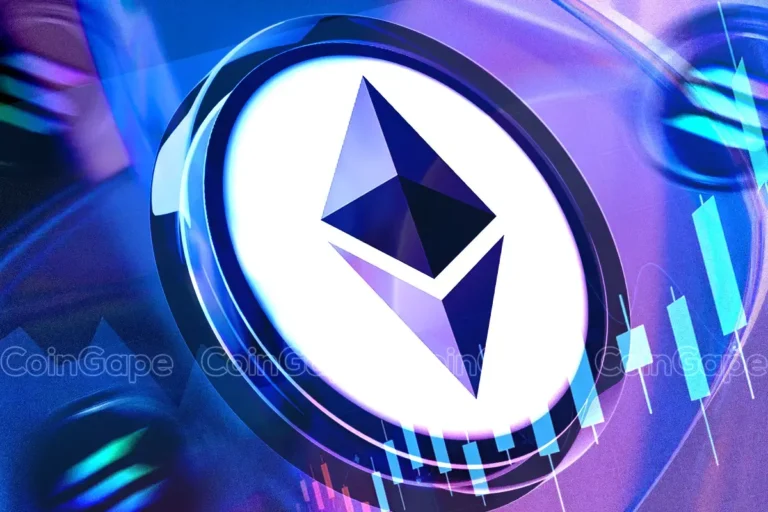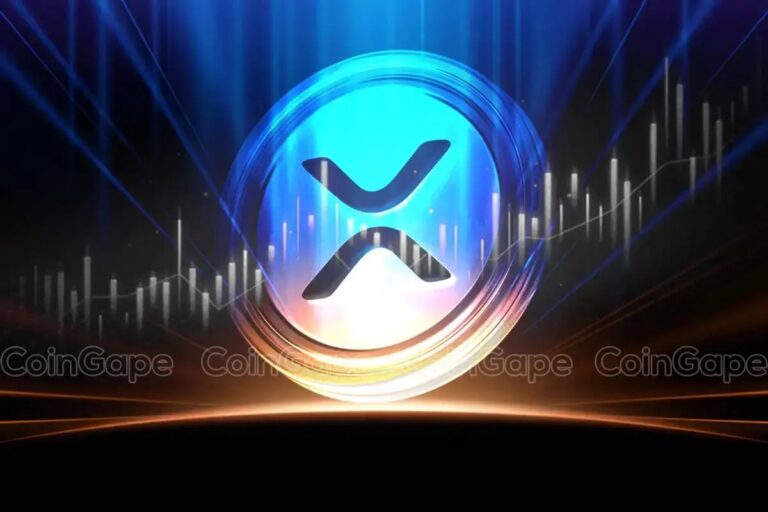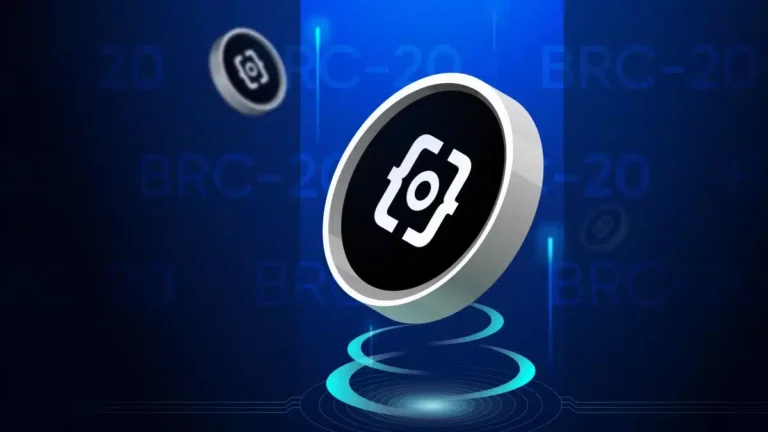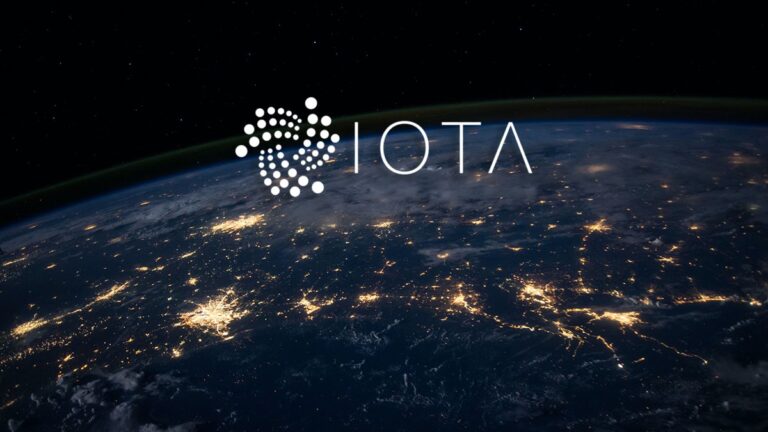Scroll: A Unique Zero-Knowledge EVM Aligned with Ethereum’s Ideals

- Scroll, an upcoming zero-knowledge EVM, distinguishes itself through both its technological features and alignment with Ethereum’s core principles.
- The project’s passion-driven approach, organic growth, and commitment to open-source development make it stand out in a crowded field of zero-knowledge EVM solutions.
In a landscape filled with numerous zero-knowledge Ethereum Virtual Machines (EVMs), Scroll emerges as a standout not only for its technological prowess but also its alignment with Ethereum’s core principles. Co-founder Ye Zhang emphasized the project’s “idealistic” nature during a discussion at Token2049.
Beyond the computational challenges, Scroll embodies a heartfelt commitment to Ethereum’s fundamental ideals. This passion-driven project began as an open-source initiative, steadily growing its community without relying on aggressive marketing tactics. Scroll’s dedication and commitment to Ethereum’s principles were recently highlighted in a Cointelegraph post that mentioned the latest ecosystem updates shared by Scroll 📜 @Scroll_ZKP.
The newly developed zkEVM (Zero-Knowledge Ethereum Virtual Machine) has garnered significant interest, having undergone extensive testing and code audits. Major platforms such as Uniswap and Aave are preparing to deploy on Scroll upon its release, underscoring the enthusiasm surrounding this project.
Scroll’s Unique Position in the Ecosystem
While the realm of zero-knowledge EVM solutions features prominent names like Polygon, Immutable, and StarkWare, Scroll offers distinctive advantages. Zhang pointed out the presence of “unproven” elements in systems like Linea but emphasized Scroll’s ability to provide a “complete proof” of all Ethereum “opcodes” and transaction aspects. Scroll’s integration of zero-knowledge proofs enables efficient off-chain data compression, resulting in increased throughput. Moreover, its EVM compatibility ensures seamless integration with existing Ethereum software and applications. Although some initial elements, such as sequencers, are centralized, Scroll has plans in place for a gradual transition to further decentralization in the future.














